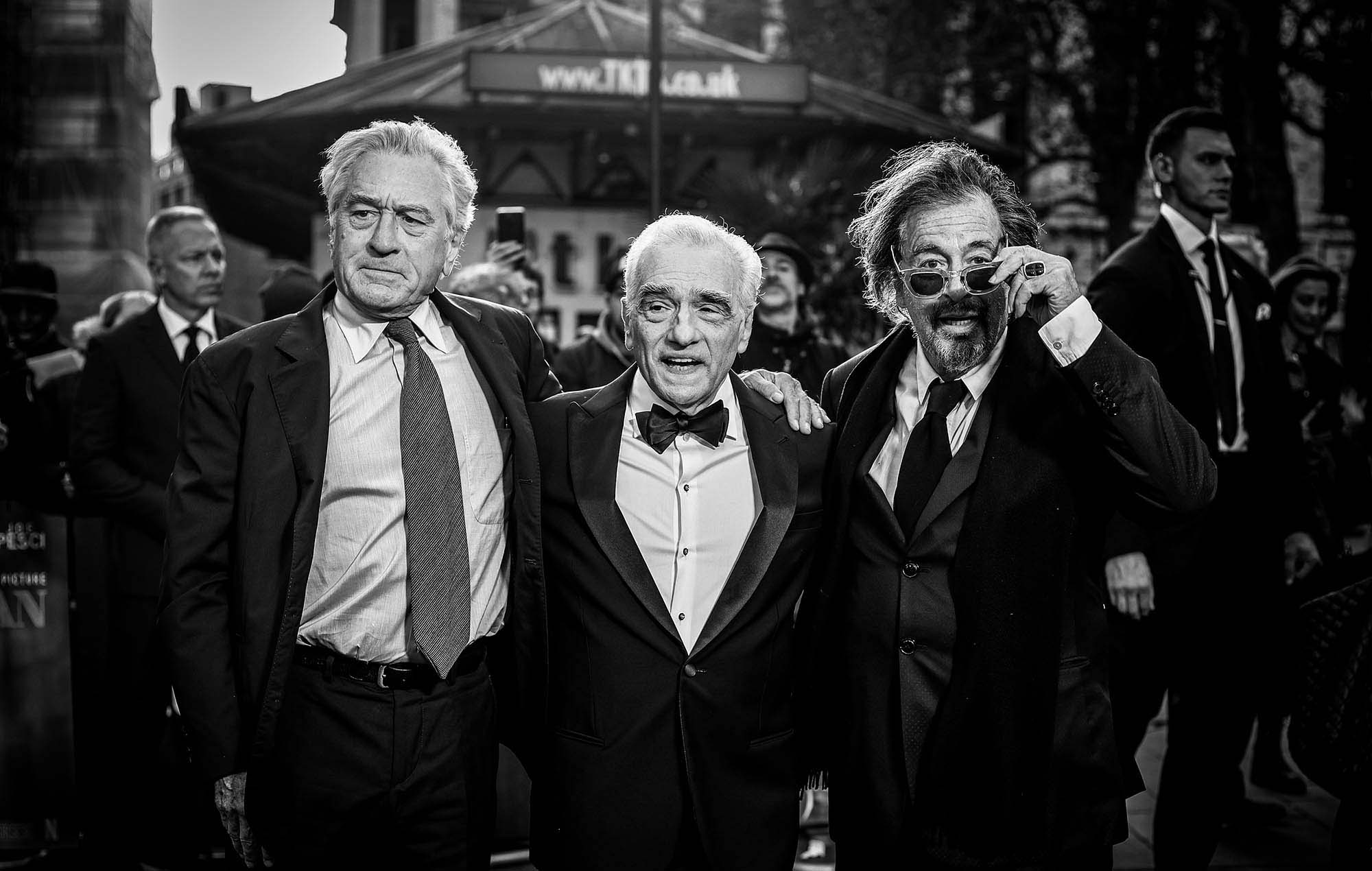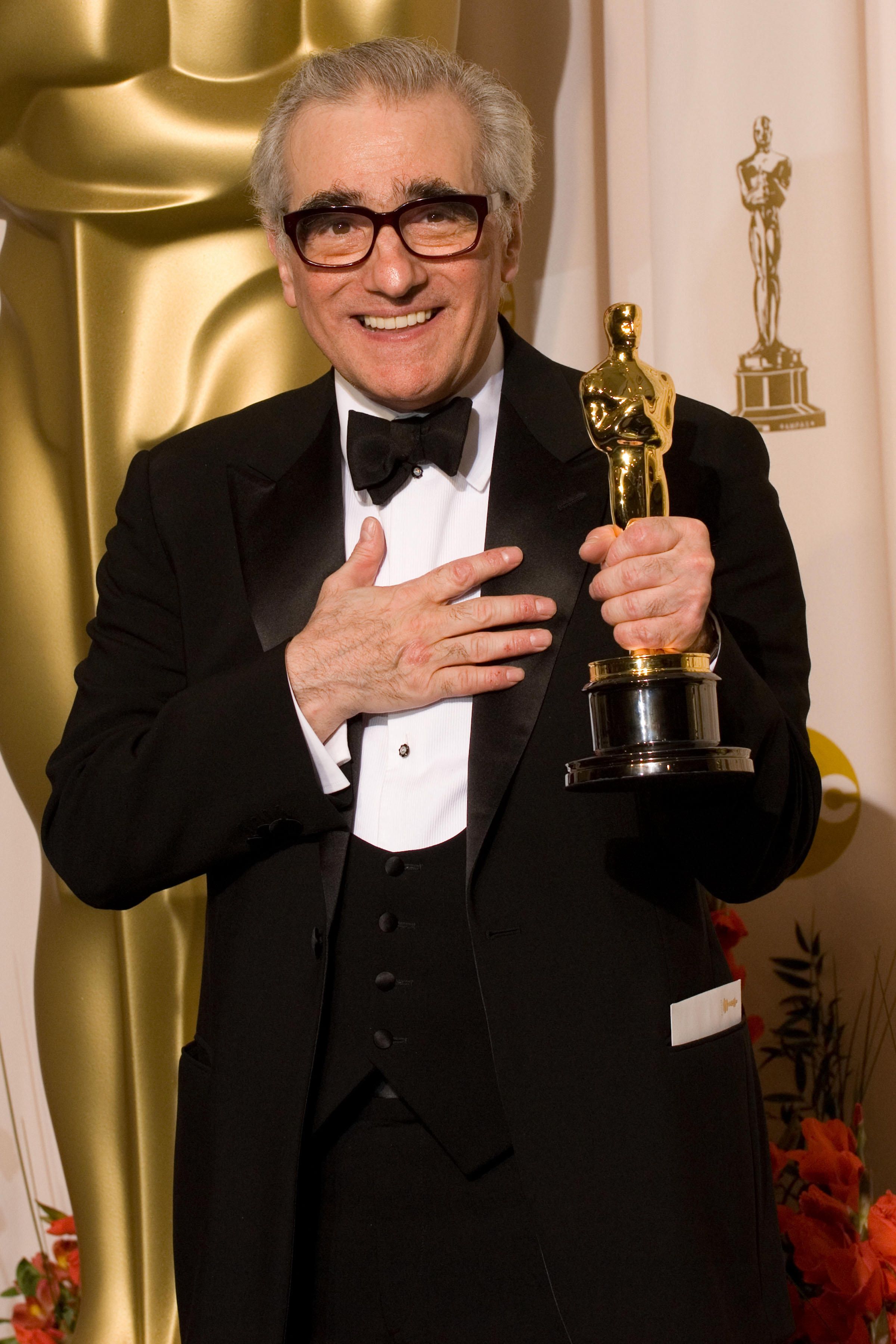Martin Scorsese: A Cinematic Titan's Enduring Legacy
From the bustling streets of New York City to the global stage of cinema, the name Martin Scorsese resonates with unparalleled authority and artistic vision. Born on November 17, 1942, this American filmmaker has not merely directed movies; he has sculpted cinematic history, leaving an indelible mark that continues to inspire and provoke. His career, spanning more than fifty years, is a testament to a relentless passion for storytelling and an unwavering commitment to his craft.
Widely celebrated as one of the most important and influential directors of all time, Martin Scorsese's journey is a compelling narrative of grit, meticulous filmmaking, and profound personal expression. His films, often deeply rooted in his experiences as an Italian American growing up in New York City, explore complex themes with a raw honesty that few can match. This article delves into the remarkable life and career of a true cinematic legend, exploring the facets that have cemented his status as a titan of the silver screen.
Table of Contents
- Martin Scorsese: A Life Forged in Film
- Personal Data: Martin Scorsese
- The New Hollywood Era and Breakthrough
- A Signature Style and Thematic Depth
- Accolades and Awards: A Legacy of Recognition
- Iconic Collaborations and Memorable Works
- Killers of the Flower Moon and Beyond: Still Directing at 81
- The Financial Landscape of a Filmmaking Maestro
- Scorsese as Film Historian and Preservationist
- Conclusion: The Undying Flame of Scorsese's Cinema
Martin Scorsese: A Life Forged in Film
Martin Charles Scorsese was born on November 17, 1942, in Queens, New York City. His parents, Catherine Scorsese (née Cappa) and Charles Scorsese, both worked in Manhattan's garment district, and their families hailed from Palermo, Sicily. This rich Italian American heritage and his upbringing in the vibrant neighborhood of Little Italy would later become a profound wellspring of inspiration for many of his most iconic films. Raised in Manhattan, his early life was steeped in the cultural tapestry of New York, a city that would become almost a character in itself within his cinematic universe.
- Amanda Bynes Net Worth
- Keke Palmer Nude
- Michael Constantine
- Matthew Mcconaughey Kids
- Cassandra Jade Estevez
Scorsese's passion for movies dates back to his childhood, a formative period that laid the groundwork for his illustrious career. Though he initially considered becoming a priest, his true calling, it seems, was always the flickering images on a screen. This biography profiles his childhood, family, personal life, and the early sparks of a career that would redefine American cinema. His experiences in Little Italy, a neighborhood teeming with life, complex social dynamics, and a strong sense of community, provided him with a unique lens through which to view the world, one that he would translate into his distinctive filmmaking style. The sounds, sights, and stories of his youth infused his artistic sensibilities, shaping the raw, authentic narratives for which he is renowned.
Personal Data: Martin Scorsese
| Attribute | Detail |
|---|---|
| Full Name | Martin Charles Scorsese |
| Born | November 17, 1942 (Age 81 as of 2023/2024) |
| Birthplace | Queens, New York City, USA |
| Parents | Catherine Scorsese (née Cappa) and Charles Scorsese |
| Heritage | Italian American (Family from Palermo, Sicily) |
| Occupation | Film Director, Producer, Screenwriter, Actor, Film Historian |
| Notable Era | New Hollywood |
| Estimated Net Worth (2023) | ~$200 million |
| Key Accolades | Academy Award, 4 BAFTA Awards, 3 Emmy Awards, Grammy Award, 3 Golden Globe Awards, AFI Life Achievement Award |
The New Hollywood Era and Breakthrough
Martin Scorsese emerged as one of the significant figures of the New Hollywood era, a transformative period in American cinema from the late 1960s to the early 1980s. This epoch was characterized by a profound shift in filmmaking, moving away from the traditional studio system towards a more auteur-driven approach. Directors, many of whom were film-school educated and deeply influenced by European cinema, were granted unprecedented creative control, leading to a wave of gritty, personal, and often challenging films that broke conventional molds. Scorsese, with his raw, unflinching narratives and innovative cinematic techniques, was perfectly positioned to thrive within this revolutionary movement.
His breakthrough moment arrived in 1974, after the release of his film *Alice Doesn't Live Here Anymore*. While perhaps not as immediately iconic as some of his later works, this film garnered critical attention and demonstrated his versatility beyond the crime dramas he would become known for. It marked a pivotal point, establishing his unique voice and setting the stage for a string of critically acclaimed works that would define his early career and cement his place among the era's most important directors. Indeed, if you were to pick any decade since the 1970s American New Wave, and reach into it to grab some of the best movies of those years, chances are you’ll be pulling out some Martin Scorsese pictures. His early films like *Mean Streets* (1973) truly showcased his distinctive style and thematic preoccupations, solidifying his reputation as a director unafraid to explore the darker, more complex facets of human nature.
A Signature Style and Thematic Depth
Martin Scorsese is widely considered one of the most important directors of all time, known for his gritty, meticulous filmmaking style. His works are highly personal films, often reflecting his deep engagement with specific themes and his unique perspective on the human condition. His cinematic language is instantly recognizable, characterized by dynamic camera work, innovative editing, and a profound psychological intensity. He doesn't just tell stories; he immerses the audience in the psychological landscapes of his characters, often through a blend of realism and heightened stylization. This meticulous approach extends to every detail, from the choice of music to the precise framing of each shot, all contributing to a cohesive and powerful narrative experience.
Exploring Italian American Identity
Many of Scorsese's movies have Italian American themes or ideas, directly drawing from his upbringing in Little Italy. Films like *Mean Streets*, *Goodfellas*, and *Casino* delve into the complexities of this cultural identity, often exploring themes of loyalty, betrayal, family, and the allure and perils of organized crime. These narratives are not merely crime dramas; they are deeply personal explorations of a specific subculture, imbued with a sense of authenticity that only someone with his background could achieve. He presents a world where tradition, honor, and violence often intertwine, offering a nuanced look at the lives of individuals navigating these intricate social structures. His documentary *Italianamerican* (1974), featuring his parents, Charles and Catherine Scorsese, is a low-key yet powerful testament to this influence, offering intimate insights into the very fabric of his personal and artistic inspiration. This film, one of the best things on the filmmaker's resume, provides a rare glimpse into the real-life dynamics that shaped his fictional worlds.
Faith and Redemption: A Recurring Motif
Beyond the gritty realism, a significant thread running through Scorsese's filmography is his exploration of Roman Catholic and violent themes. His early consideration of the priesthood is evident in the moral dilemmas and spiritual struggles faced by many of his characters. From the quest for redemption in *Taxi Driver* to the profound spiritual journey in *Silence*, Scorsese grapples with questions of faith, sin, guilt, and the search for meaning in an often-brutal world. Even in his most violent films, there's often an underlying moral framework, prompting viewers to confront difficult truths about humanity.

Martin Scorsese - Variety500 - Top 500 Entertainment Business Leaders

Martin Scorsese | Age, Career, Marriage, Divorce, Children, Awards

Martin Scorsese - Modern Master Of The Movies - Speaking For A